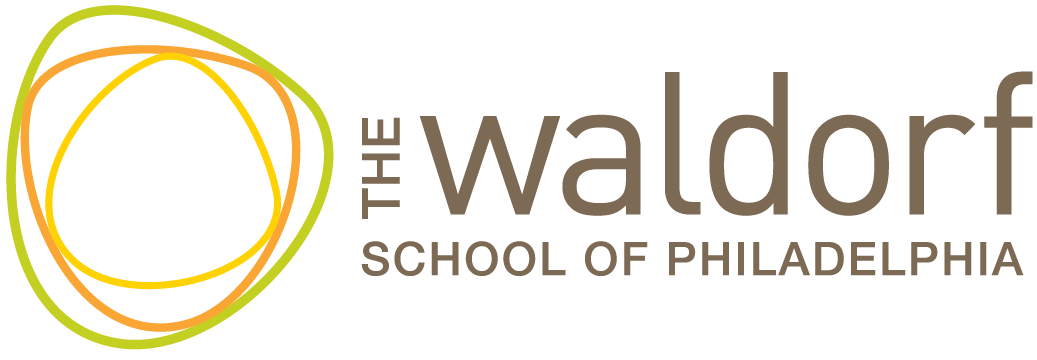Honoring Indigenous Peoples
Honoring and preserving Native and Indigenous cultures is a task that belongs to all of us. Our country was conceived through a history that intentionally and systematically disregarded, erased, and denigrated Native and Indigenous cultures. While less overt, many of these practices still exist today. This horrific legacy continues to impact Native and Indigenous peoples, their families, and the land we stand on. Learning about Indigenous cultures and the history that makes celebrating Indigenous Peoples’ Day (October 10th) and Indigenous Peoples’ Month (November) so vital is an integral part of self-education for all of us!
At the Waldorf School of Philadelphia, we acknowledge the vibrancy and diversity of Native and Indigenous peoples across this land and the world. Native Land is a website that features an interactive map, allowing users to look at global treaties, languages, and territories of our world’s Indigenous peoples. The land - Lenapehoking - in eastern PA and the land adjacent to the Delaware and lower Hudson River Valley - was and still is stewarded by the Lenni Lenape (the people of the Lenape Nation). The Lenape are safeguards of culture, knowledge, and tradition.
Who are the people of the Lenape Nation? Read about the Pennsylvania Lenni Lenape here, on their tribal nation website. We honor the contributions and experiences of Lenni Lenape peoples past and present, this month and forever.
Much of what Native and Indigenous people champion and provide in their diverse cultural work impacts each and every one of us on this earth. Survival International is a global tribal movement that “[partners] with tribal peoples to campaign, lobby and protest for their land rights. [They] investigate, expose and confront atrocities committed by governments and big business, and work to…amplify the tribal voice and make sure it is heard.” Do you know of any of this work happening at a local level? We would love to hear about it!
If you are a language lover and have a knack for learning languages, there are a few apps, including Duolingo, that offer lessons in ʻōlelo Hawaiʻi (Hawaiian) and Diné (Navajo). Drops, another app, offers Ainu, an indigenous Japanese language.
Expanding your children's library or looking for some great library books to borrow? Kids and young adult (YA) reading lists that highlight Native and Indigenous culture and/or Native and Indigenous authors can be found here and here.
The Waldorf School of Philadelphia sits on the Indigenous territory known as Lenapehoking, the traditional homelands of the Lenni-Lenape people and the Lenape Nation. These are the people who preceded the 17th century European settlement of Pennsylvania, by centuries. They were both hunters and agriculturalists who thrived on this land. Many Lenni-Lenape peoples were forcibly displaced from this country's region and migrated to Oklahoma reservations following the Indian Removal Act of 1860. Their descendants today include the Delaware Tribe and Delaware Nation of Oklahoma, the Nanticoke Lenni-Lenape, Ramapough Lenape, and Powhatan Renape of New Jersey, and the Munsee Delaware of Ontario.
We acknowledge the ancestors of today's Lenape, who on this land, stewarded and occupied our rivers, hills, valleys, and forest. We thank them for their care of the land, water, plants, and animals and we pay respect to their people, past and present.



